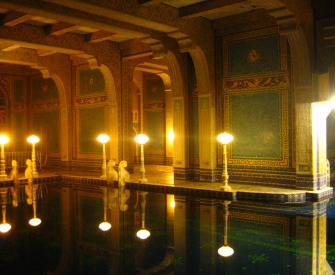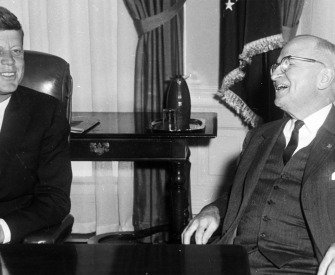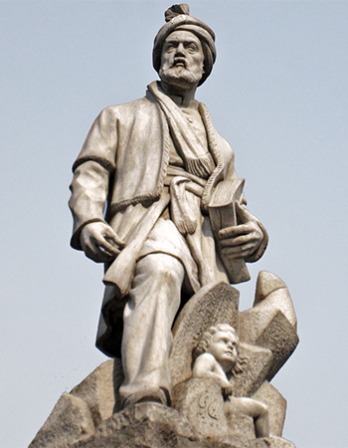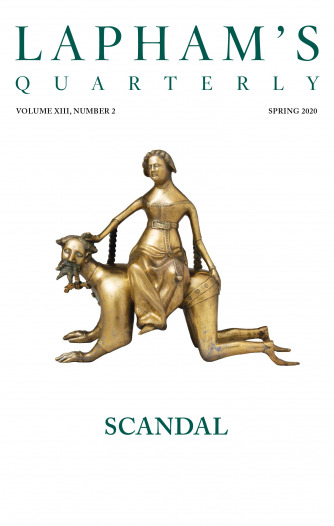Many Marxist critics, who begin with the notion of the class struggle, tend to consider as revolutionary only those writers who belong to the dominated classes or who have broken off with the bourgeoisie in order to join the ranks of the oppressed. They would consider that a writer like me, who in birth and cultural formation belongs to the bourgeoisie, can only be a fellow traveler. And it is necessary to add at this point that the most widely read writers in Latin America are from the bourgeoisie.
Faced with this fact, from the beginning I chose to accept a situation which seems inevitable at this stage of our geopolitical evolution and to commit myself to the struggle for a socialist future for Latin America, without thereby giving up all that which is natural and familiar to me—a system of cultural values that has made me what I am as a writer, and above all an individualism perhaps suspect on the level of militancy but which on the level of literary creativity has not yet been replaced by any collective identification, by teamwork or submission to any line of orientation based on political crisis. In other words, I believe that whatever will be eliminated in the socialist future of Latin America, when a plenitude is reached in all areas of life which will permit the creation of new aesthetic and intellectual products, continues today to be one of the positive and fertile forces in the struggle to achieve this future change. Paradoxically, I affirm that an intellectual like me has the right and duty to keep on taking advantage of these forms of creation destined to disappear or to be radically modified in the future and that one should do so precisely in order to bring about that modification.
When I write a novel, many times I have the impression that I am creating a kind of anachronistic monster, a dinosaur in a world which is moving toward other species, and that the novel, like so many other aesthetic forms today, will be replaced by new vehicles for the transmission of ideas and emotions. None of this keeps me from writing novels, because I am well aware that fiction is the type of literature that interests me and the majority of readers (and writers) in Latin America. In writing our novels in the manner that we do, completely rupturing internal and external tradition, we facilitate future access to new aesthetic vehicles which today we can hardly imagine.
This attitude has been severely attacked by many critics, but from what I know of the artistic products of those who submit to this type of criticism and create “proletarian literature” and other varieties of dead socialist realism, they have not achieved anything that seems valuable for the present or for the transformation of the future. Some years ago I participated in a polemic whose focal point was the concept of reality and which revolved around how a revolutionary writer should confront and treat reality in his work. On that occasion I did everything possible to show that any impoverishment of the idea of reality in the name of a thematics limited to the immediate and concrete on a supposedly revolutionary plane, on behalf of the capacity of less sophisticated readers, is no less than a counterrevolutionary act, since any impoverishment of the present weighs on the future and makes it seem further away. On the contrary, nothing seems more revolutionary to me than enriching the notion of reality by all means possible for the reader of novels and short stories.
Translated by Mary E. Davis. From Books Abroad 50, no. 3 (Summer 1976). © 1976 by Board of Regents of the University of Oklahoma.
From “Politics and the Intellectual in Latin America.” About his preference for “pure intuition” over “theory,” Cortázar wrote elsewhere in this essay, “Using a scandalous comparison, if I had to choose between Machiavelli and Cesare Borgia, it would fall to me to be Borgia.” Dissatisfied with the government of Juan Perón in his native Argentina, he moved to France in 1951, the same year he published his first short-story collection, Bestiary. Cortázar’s story “The Devil’s Drivel” was the inspiration for Michelangelo Antonioni’s film Blow-up.
Back to Issue





